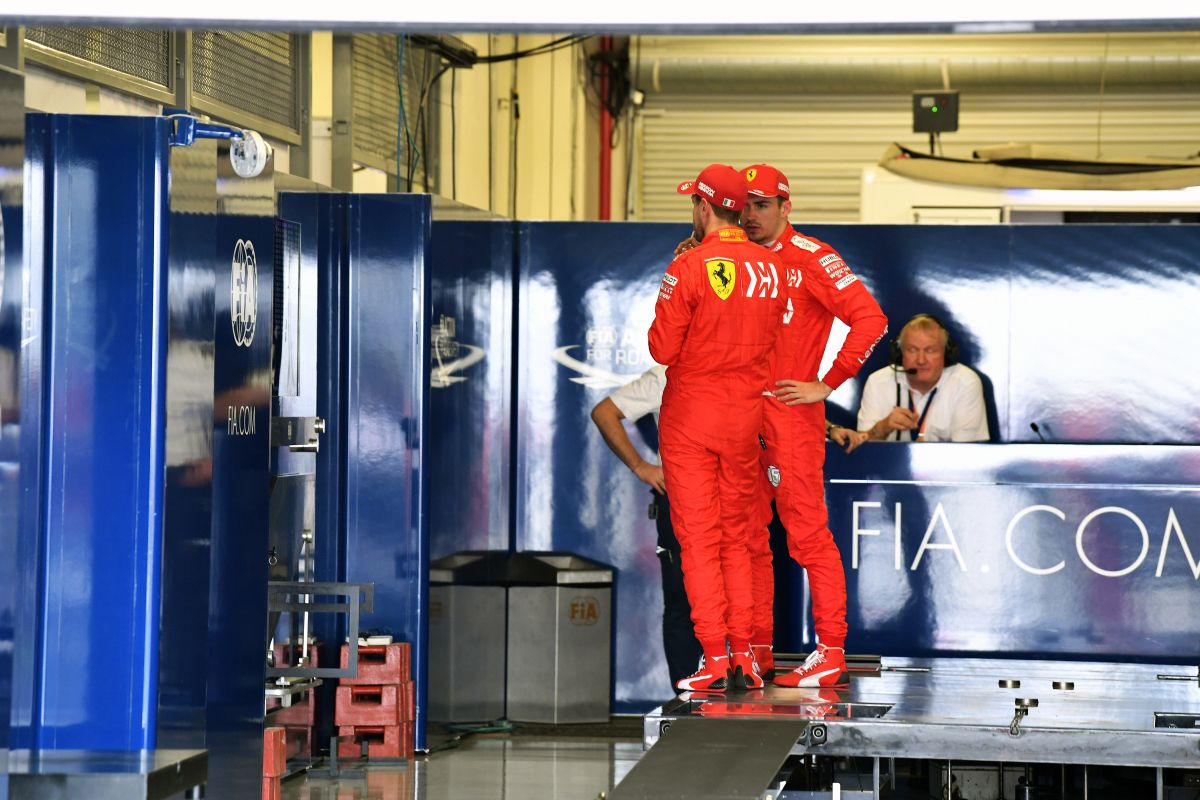
Why do F1 drivers get weighed? GPFans explains
By Bruce Brown March 22, 2024 12:00PM. Formula 1 race car drivers are weighed frequently in compliance with the FIA F1 Technical and Sporting regulations. The weigh-ins are not casual events where.

Why do F1 drivers get weighed Before and After Race Before and After
F1 drivers get weighed before a race. This is part of their preparation. It's not just about stepping on a scale, though. They use high-tech equipment for precision. The weigh-in, a crucial sport rule, happens in the paddock, the heart of F1 activity, ensuring the minimum weight and height requirements are met.
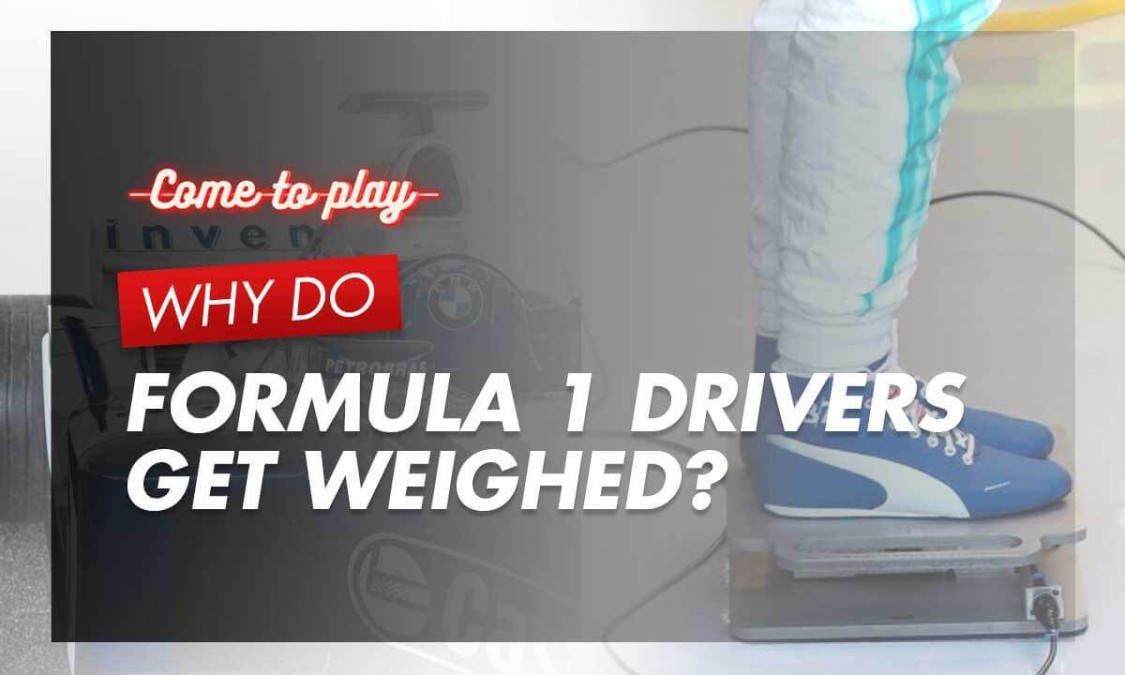
Why Do F1 Drivers Get Weighed After a Race? Come To Play
Therefore, at the end of the race, teams often instruct drivers to pick up rubber from the track. The rubber then sticks to the tires and increases the weight of the car. When the car eventually.

Why Do F1 Drivers Get Weighed? Formula 1 Weight Minimums Explained
F1 drivers are weighed for medical and technical reasons. The medical reason being that it is crucial to know exactly how much weight a driver has lost during/after the race so that suitable measures can be taken place after the race. Drivers can lose between 2 and 3 kilograms or 4.4lbs and 6.6lbs per race.

Why do they weigh F1 drivers after the race? ABTC
Combining the physical nature of the cars around corners with the heat means a driver loses 4-5 kilograms of weight in one race alone. This brings the need to keep a check on drivers' health by.

Why do F1 drivers get weighed after every session?
F1 drivers are weighed after a race to ensure that they are above the specified weight limit (currently 80 kg/176 lbs). If a driver is under the limit, they are automatically disqualified. The weight limit was created to ensure the field is equal and each driver has fair opportunity to compete. Weight is important in this sport because the.
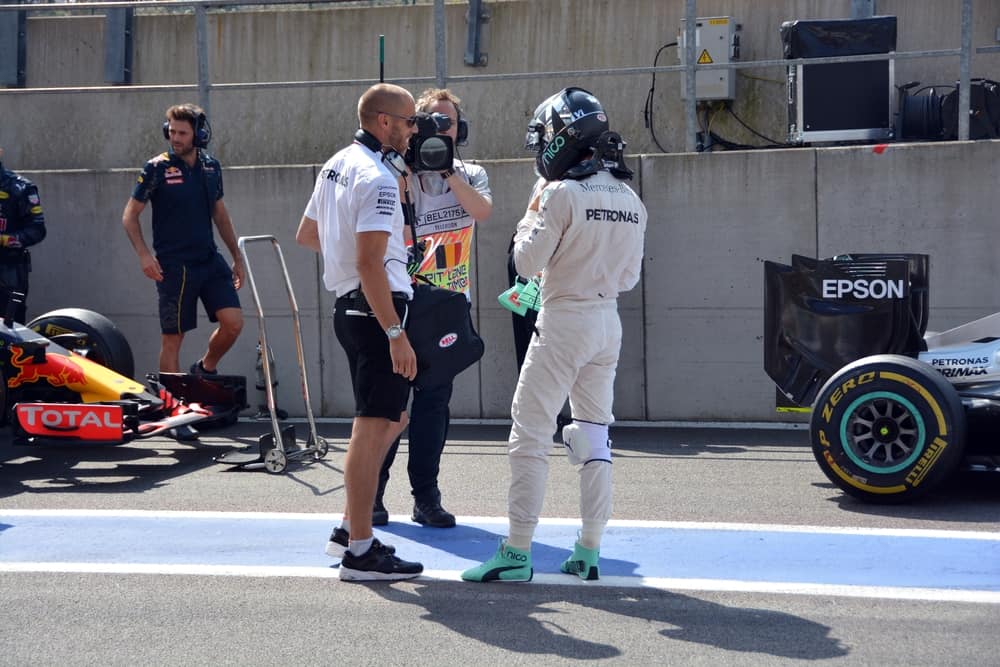
Why Do F1 Drivers Wear Knee Pads? One Stop Racing
There are two key reasons, the first being that they need to ensure they haven't lost too much weight during it. Being an F1 driver is sweaty work (Picture: ALFREDO ESTRELLA/AFP via Getty Images.

Why Do F1 Drivers Have To Be Fit? One Stop Racing
Drivers must be weighed after a race because they are included as part of the minimum car weight. In 2019, a minimum driver weight of 80kg (176lbs) was introduced.

Why Do F1 Drivers Get Weighed After a Race? And Some Other Funny Things About F1. RacingGuider
There are two main reasons drivers hop on the scales post-race: car weight limits and driver health. Car weight limits. F1 cars have a minimum weight, which is established in an attempt to create.
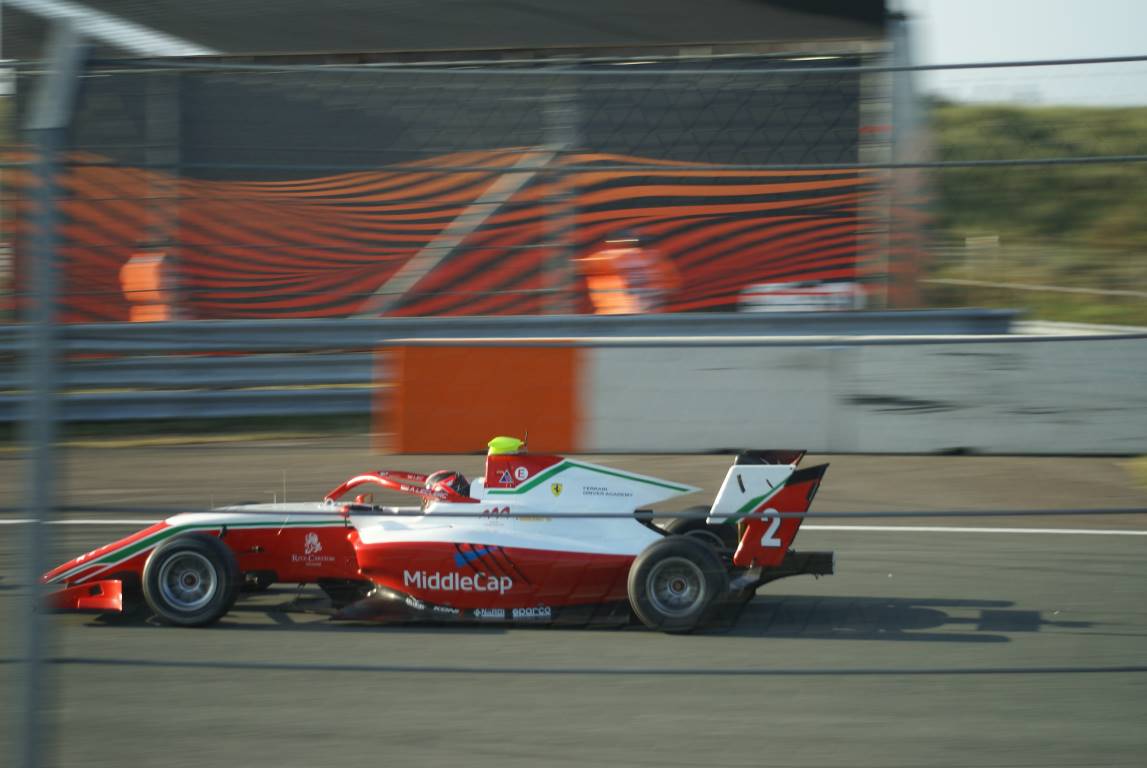
Why do F1 drivers get weighed Before and After Race Before and After
Average weight of Formula 1 drivers. Most F1 drivers weigh between 60kg and 75kg. Average weight of Formula 1 drivers are 67,5kg. The heaviest of all drivers is Alex Albon (74kg) while the lightest driver being Yuki Tsunoda (54kg). Due to the high g-forces the drivers experience while racing, the impact on the body isextensive.
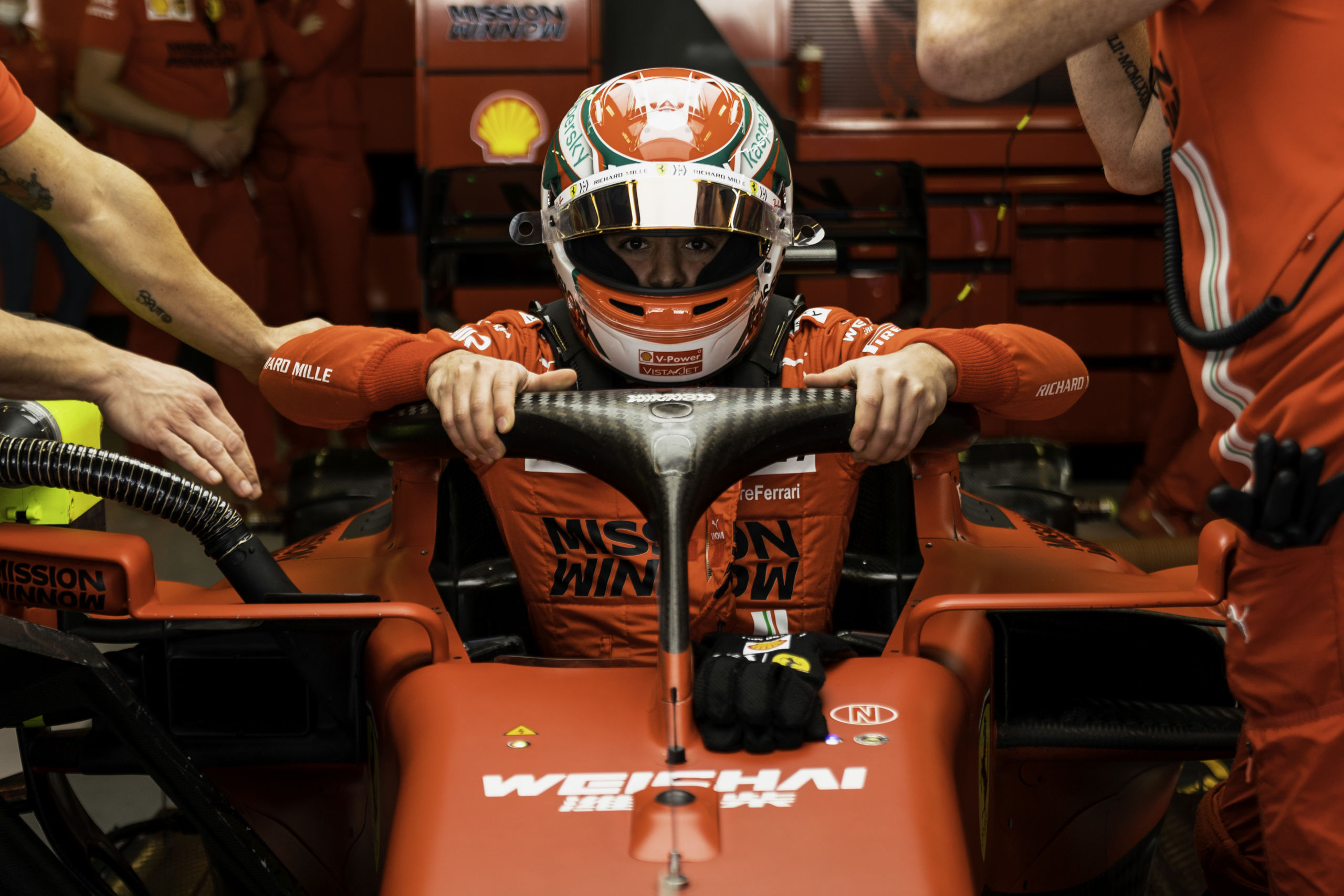
How Do F1 Drivers Pee? F1 News
Formula 1 drivers are weighed to keep the playing field even — and to keep them healthy. According to One Stop Racing, the reasons for the weigh-in are twofold. For starters, lighter cars have an advantage on the track, and thus taller and heavier drivers were often at a disadvantage. But F1 applied a minimum weight total for the driver and.

How Much Does An F1 Car Weigh? One Stop Racing
Anti-Cheating Measures. The other reason drivers are weighed after a race is to ensure that no weight-based cheating takes place. As you may know, Formula 1 cars have minimum weight requirements. These weight requirements frequently change with the years; the minimum weight requirement in 2021 was 752 kg, but this requirement will go up to 795.
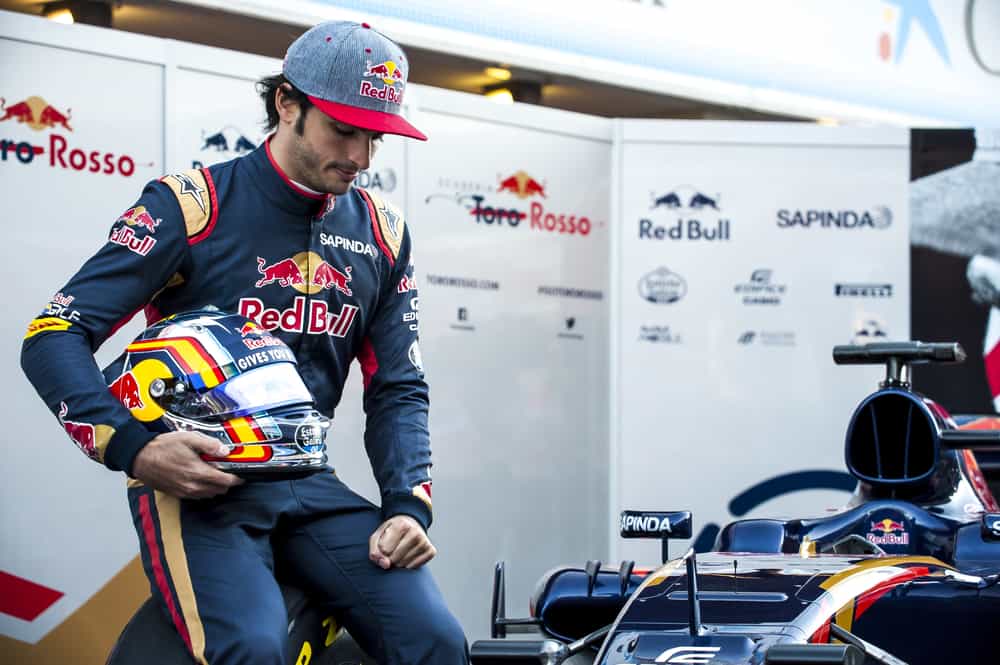
How Much Do F1 Drivers Weigh? One Stop Racing
This is why F1 drivers get weighed after a race. Within Formula 1, the weight of a car is a crucial factor in team performance. Naturally, the lighter the car, in all likelihood the better its performance. Additionally, the weight of the driver affects the total weight of the car.
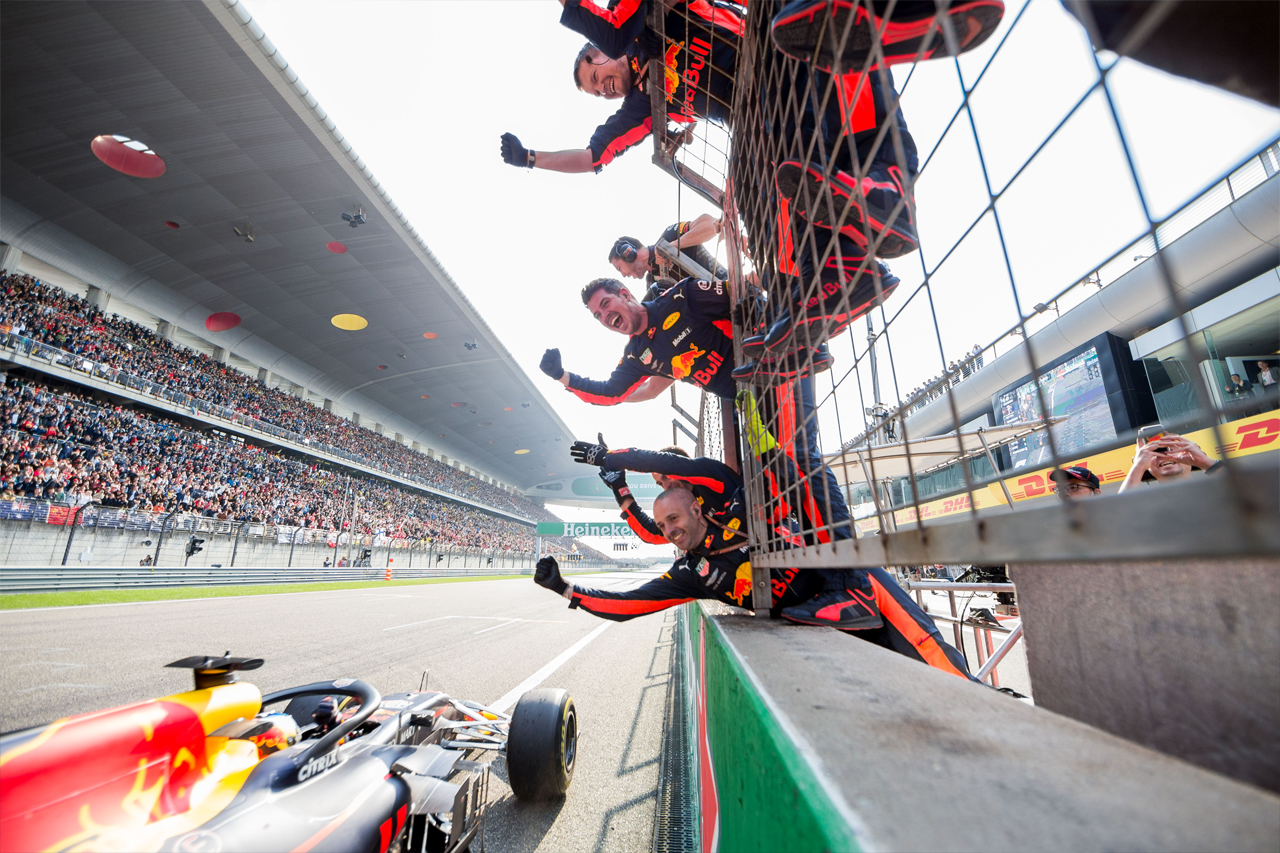
Why Do F1 Drivers Get Weighed After A Race?
Technical Reason: F1 cars with the driver in them have a minimum weight of 764kg (1684lbs). Cars and drivers are weighed after the race to ensure that they have not dropped below this weight during the race. F1 cars have gotten heavier in recent years, primarily due to improvements in safety features. Therefore, it is important to ensure that.
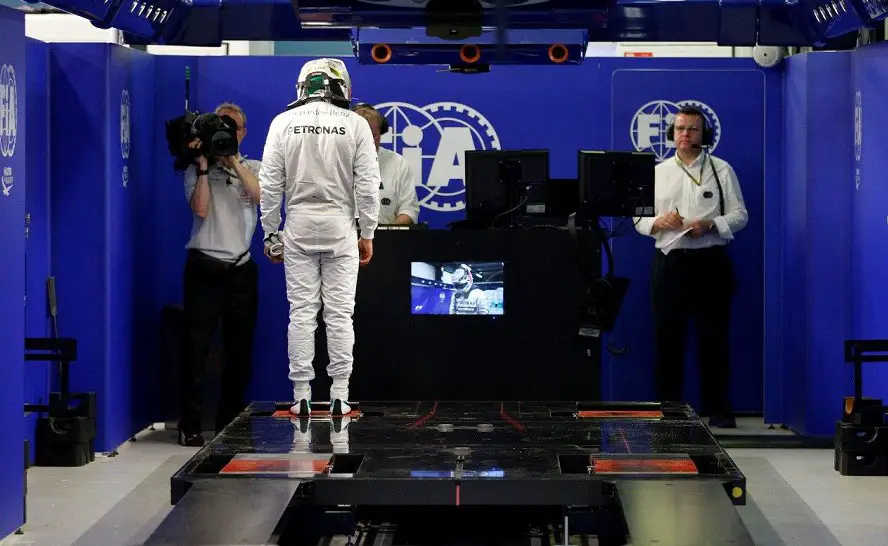
Why Do F1 Drivers Get Weighed Best Guide & Helpful Review
F1 drivers are weighed after races for two reasons. The first reason is to see how much weight the driver has lost during the race. The second is to make sure themselves and the car are above the minimum weight of F1 cars as mentioned in the rules. Weighing an F1 driver after a race is essential to the driver's safety, as a driver can lose.

Why do F1 drivers get weighed and what is the requirement? Sporting Excitement
Why do F1 drivers get weighed after the race? The weight of a driver is very crucial ahead of the race. As per the Formula 1 rules amended in 2023, the minimum weight of the car and driver combination has gone up to 798 kgs. Initially, the minimum weight was set at 795 kgs but it was later increased by 3 kgs when the teams were not able to meet.
- Venezuela National Football Team Standings
- How Much Do A Zookeeper Make
- Qld White Pages Phone Book
- North Curl Curl Community Centre
- Pull Out Double Bed Couch
- Post Offices Open On A Saturday
- Wizard Costume From The Wizard Of Oz
- League Of Legends Game Time Played
- Cast Of The Debt Collector
- Spiritual Meaning Of Rod And Staff